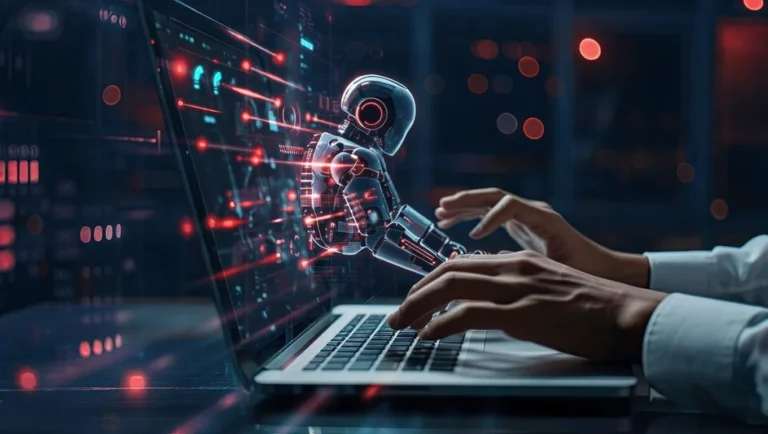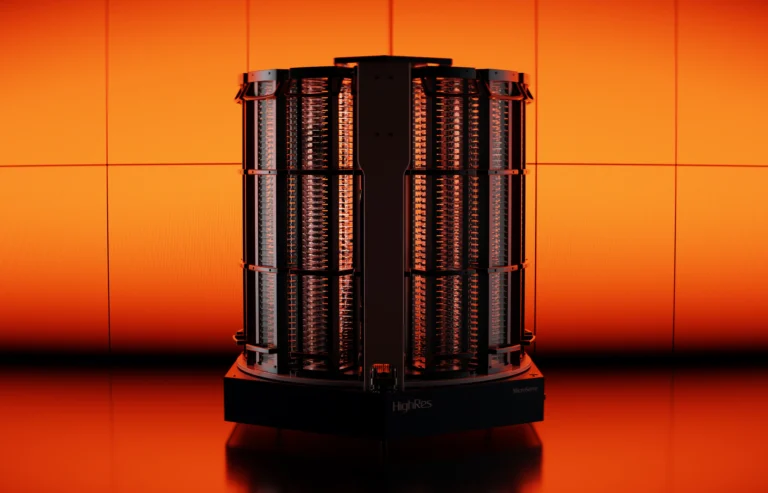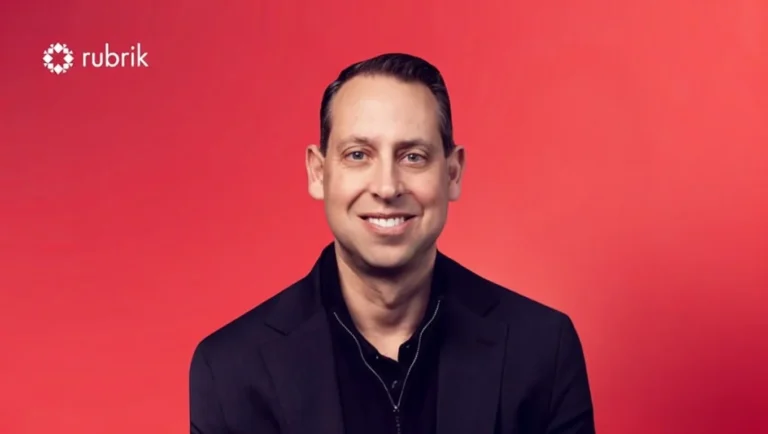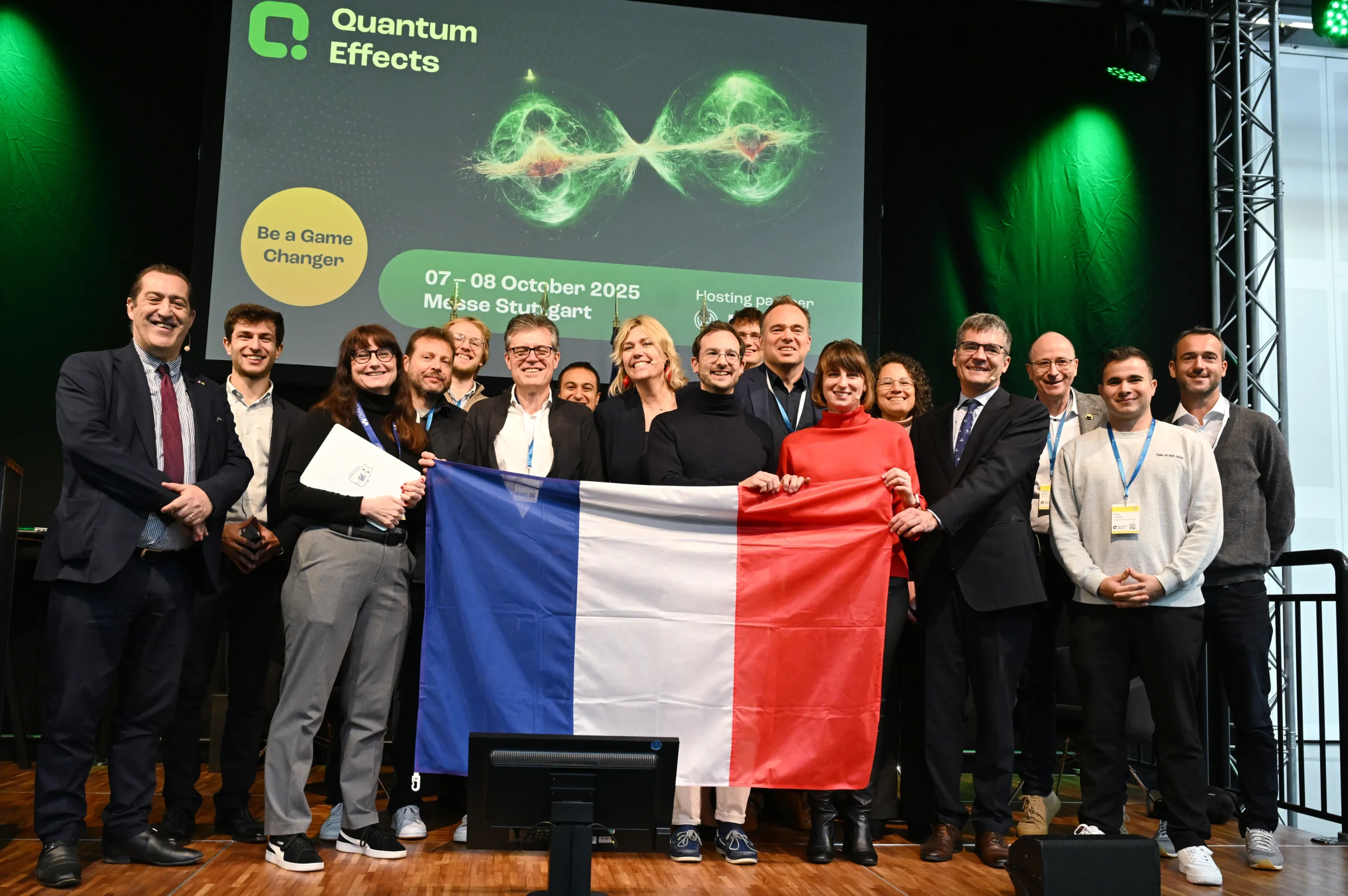
Quantum Effects 2025 makes an impression as a bridge between basic research and industrial applications
Over 80 exhibitors, more than 110 international speakers from 26 countries and approximately 2,500 participants made Quantum Effects 2025 the central meeting point for research, industry and politicians. The Exhibition and Conference for Application-Oriented Quantum Technologies therefore affirmed its position compared with the previous year and underlined its importance as a leading platform for know-how transfer between science and industry.
The date could hardly have been more apt: at the same time the event was held, the 2025 Nobel Prize for Physics was awarded to John Clarke, Michel H. Devoret and John M. Martinis – for their groundbreaking work on macroscopic quantum tunnelling and quantisation of energy in electrical circuits. This basic research forms the foundation for a large number of developments which were also the focal points of Quantum Effects – from superconductive qubits through to new applications in sensors.
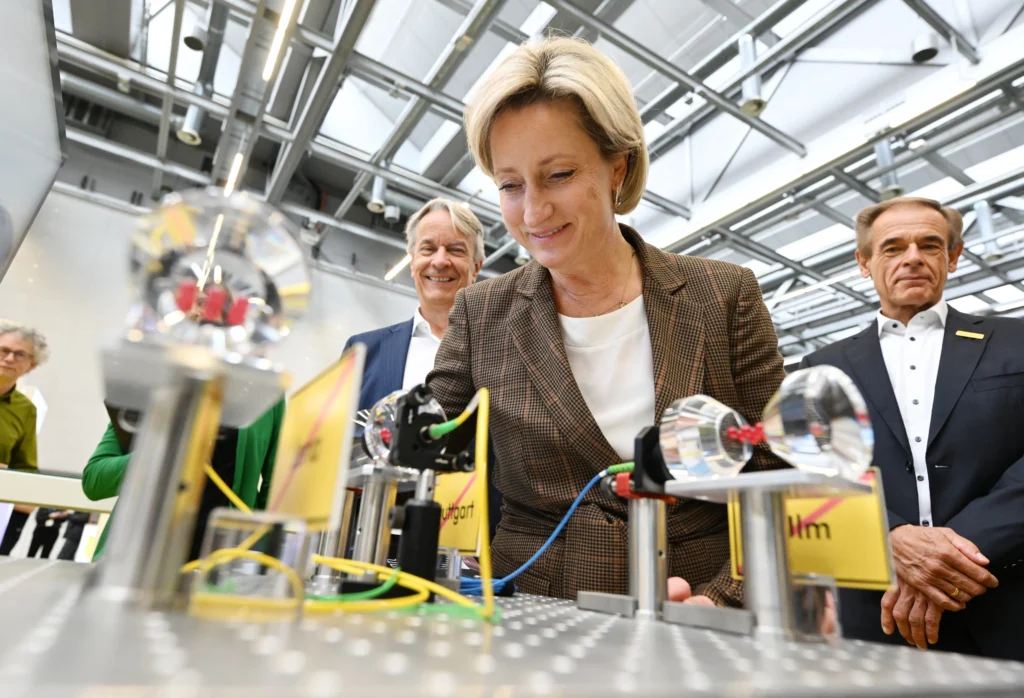
Close cooperation with the partner country France
In 2025 special emphasis was placed on international cooperation: with France as the partner country, Quantum Effects sent a strong signal for European networking in the future field of quanta. Companies and research institutes presented their innovations on a joint French stand and underlined the claim to decisively drive technological development forward together with Germany. “The close cooperation between France and Germany in the field of quantum technologies is strengthening Europe’s competitiveness as a whole. Quantum Effects is a clear indication of this joint commitment,” said Gaël de Maisonneuve, French Consul General in Stuttgart.
“The response this year clearly showed that Quantum Effects acts as a bridge between basic research and industrial applications,” emphasised Guido von Vacano, Executive Vice President at Messe Stuttgart. “The diversity of the exhibitors, the high internationality and, not least, the great popularity of the Quantum Effects Award highlighted the dynamism of the field of quantum technology.”
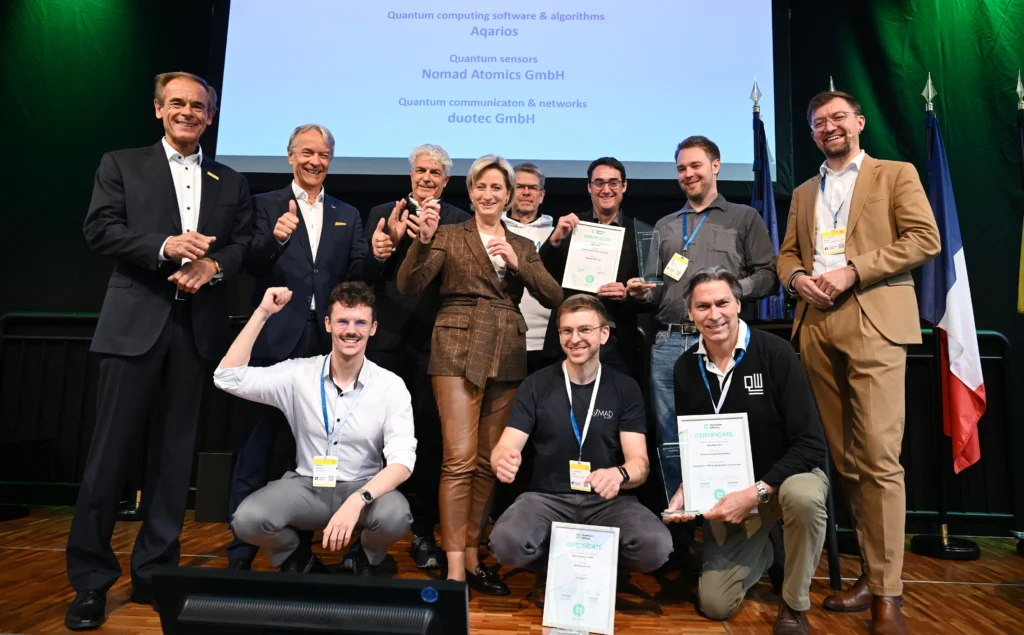
Start with prominent politicians and industrial personalities
Quantum Effects started on Monday with a Technical Tour taking in IBM Quantum, the Stuttgart High-Performance Computing Center (HLRS) and the Artificial Intelligence Innovation Park (IPAI). The Tour was supported by Verband Region Stuttgart which actively promotes networking between science, industry and politics.
“The objective of the Technical Tour was to show the strong innovative capacity in the Stuttgart region – and the close cooperation between research and industry that already exists here,” said Dr. Alexander Lahl, Regional Director of Verband Region Stuttgart.
The Technical Tour was followed in the evening by the high-profile CEO Dinner in the Neues Schloss (New Palace) in Stuttgart. The attendees included, for example, Baden-Württemberg Finance Minister Dr. Danyal Bayaz and Baden-Württemberg Economics Minister Dr. Nicole Hoffmeister-Kraut.
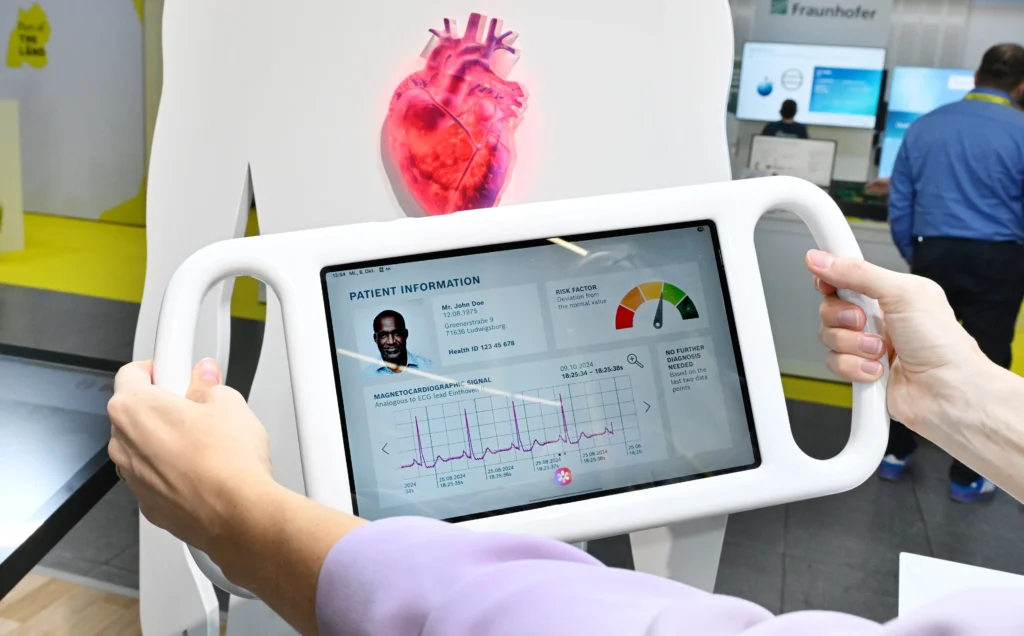
Focus industries in the spotlight: medical technology and aerospace engineering
Medical technology was one of the focal points in 2025. Bosch Quantum Sensing presented on its stand an interactive heartbeat demonstration to show how quantum sensors can revolutionise diagnostic procedures. Research institutes such as the Fraunhofer Institute for Manufacturing Engineering and Automation (IPA) also presented on the joint medical technology stand further developments which illustrated the potential of quantum technologies for the health system and life sciences. “Quantum Effects clearly showed the extent to which quantum technologies are already being integrated in industrial applications – and how important it is to bring together research, industry and society in one place,” said Dr. Katrin Kobe, CEO of Bosch Quantum Sensing.
Great emphasis was also placed on aerospace engineering: international companies and research institutes demonstrated how quantum applications can transform navigation, communication and safety.
“Quantum Effects is a catalyst which brings together basic research, industry and talents. Only through this close cooperation will we be able to successfully translate quantum research into marketable solutions,” said Prof. Dr. Joachim Ankerhold, Spokesman for QuantumBW.
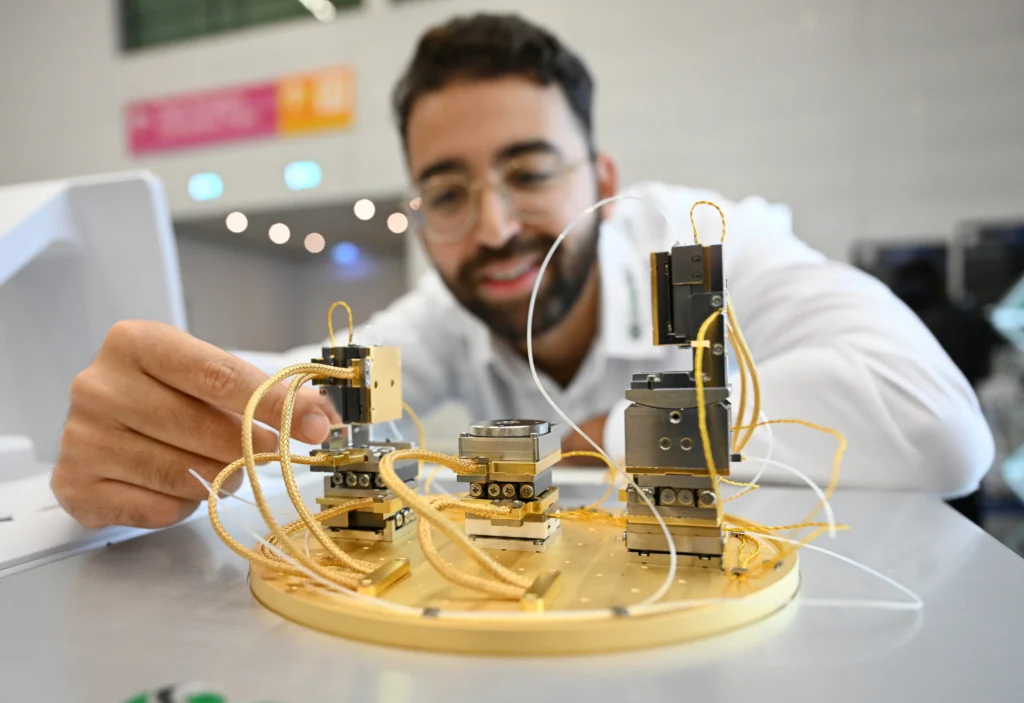
Conference & networking
The stage programme on the Green Stage presented pivotal points for commercialisation – from industrial standards and regulation through to specific use cases. The HPC Quantum AI Conference in the ICS International Congress Center Stuttgart, which was jointly organised with the HLRS, focused on the interfaces between quantum computing, high-performance computers and artificial intelligence, and showed how these key technologies act in a complementary way.
There was great demand for the start-up investment pitches in which young companies presented their business models and investors described their expectations and strategies. The user matchmaking and B2B matchmaking also proved very popular: companies, investors and research institutes made use of the opportunity to specifically initiate partnerships during structured discussions.
“Our objective was clear: we are continuing to develop quantum computing and want to jointly reach the next stage in the industrialisation of quantum sensors. One of the main challenges here is to transfer these technologies from the laboratory into mobile, marketable applications with competitive manufacturing processes – we want to take the next steps here and carry on being successful,” emphasised Dr. Nicole Hoffmeister-Kraut, Minister for Economic Affairs, Labour and Tourism of Baden-Württemberg,.
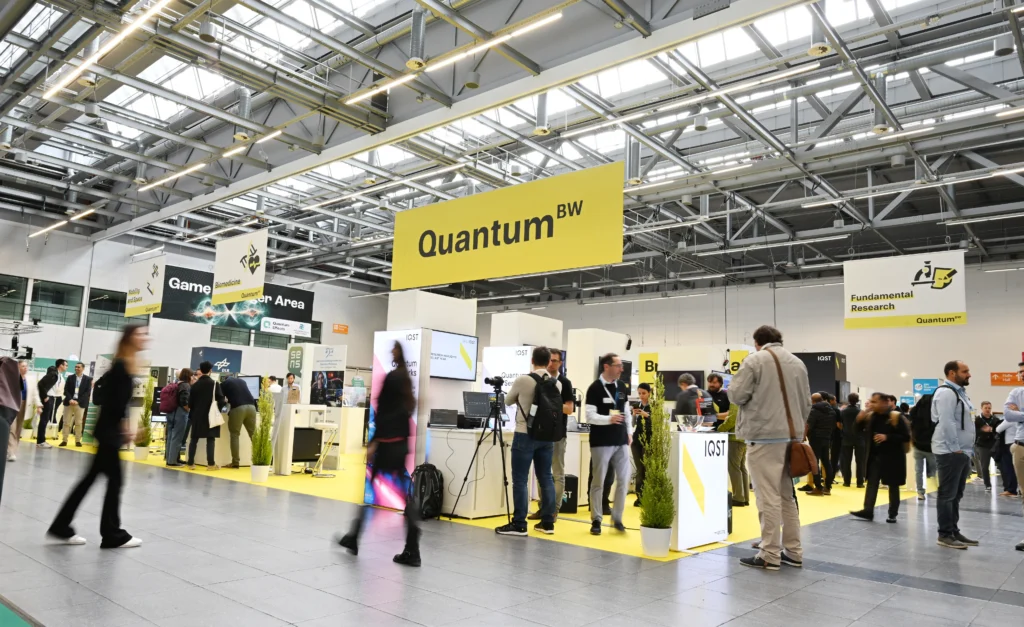
Innovation, community and young people
A new record in the number of entries for the Quantum Effects Award underlined the innovative capacity of the ecosystem; the Award honoured solutions in the areas of hardware, software and algorithms, communication and networking, and sensors. The Quantum Effects Academy with practical workshops opened its doors to young people; the Career Walk of the Stuttgart Region Economic Development Corporation enabled students and graduates to talk directly to employers.
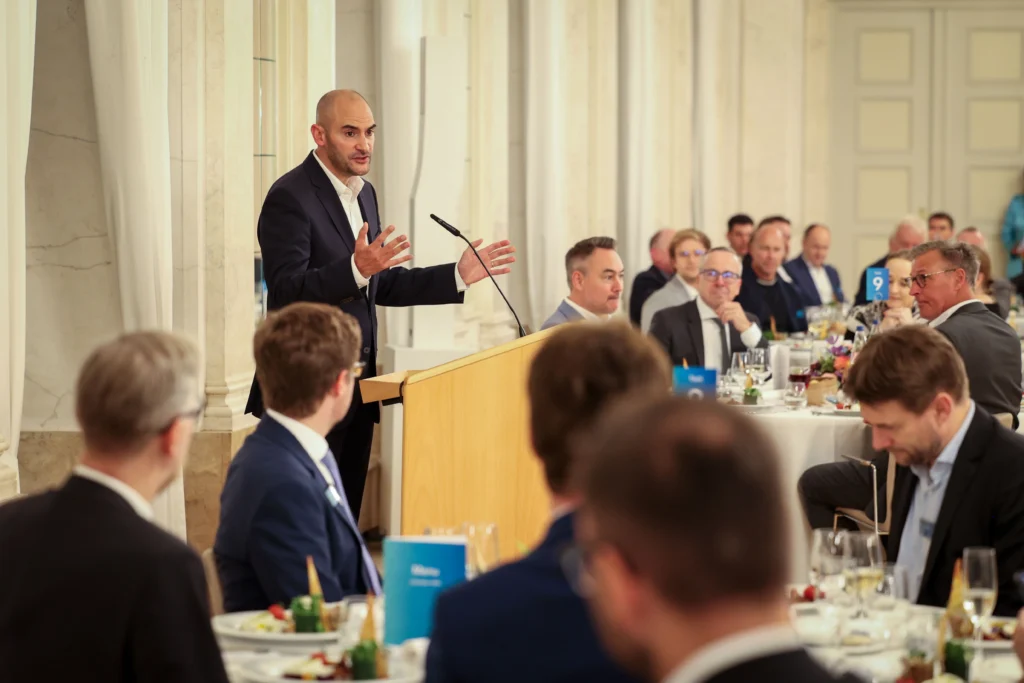
Varied side events and outlook
The accompanying programme ranged from the Female FutureTech Summit and the Networking Night through to the Biointelligence Summit and the Symposium on Construction in the Future. hy-fcell, which was held concurrently with Quantum Effects, provided impetus for hydrogen and fuel cell technologies. Stuttgart therefore acted as a technology hot spot on both days. With an average mark of 1.9, Quantum Effects 2025 was rated positively by the visitor groups. 94 per cent of visitors are planning to come back to the next Quantum Effects.
The next Quantum Effects will be held in Stuttgart on 6 and 7 October 2026.
Comments by exhibitors in 2025
Daniel Stadtler, Office Manager, EIN Quantum NRW: “The event was again superbly organised, and provided many interesting discussions and valuable new contacts. The selection of topics on the stage was particularly impressive. We were also pleased to see the great success of the Quantum Effects Award with a new record number of entries and impressive innovations.”
Dr. Andreas Ehrhardt, Managing Director ,Photonics BW: “The third edition of Quantum Effects exceeded all expectations. The high expertise of the trade visitors and the clear focus on applications were very impressive – that’s exactly what is needed at the moment: transfer of quantum technologies from the laboratory into practical applications.”
Lelys Hrvatin Jugovac, Marketing Coordinator, Alice & Bob: “The trade fair is a great opportunity to present our latest developments in the area of fault-tolerant quantum processors. We appreciate the open dialogue with researchers and users since this speeds up the adoption of this key technology.”
Lukas Kübler, Head of Marketing and Communication, Fraunhofer Institute for Applied Solid State Physics (IAF): “The format clearly shows how dynamically quantum research is developing towards industrial applications. In particular, the discussions with potential partners are valuable in order to jointly transform innovative hardware approaches into marketable quantum devices.”
Evi Kesapidou, Technical Sales Engineer, Single Quantum: “As an international platform, the trade fair offers ideal conditions to present our highly sensitive detectors for quantum communication. The in-depth discussions with researchers and industry underline the importance of reliable measuring technologies for future quantum communication networks.”
Urs Schneider, Scientific Director for Health and Bioproduction Technology, Fraunhofer Institute for Manufacturing Engineering and Automation (IPA): “The trade fair shows how close quantum technologies already are to specific applications in medical technology. Quantum Effects is an ideal platform for our Institute to promote discussions between research, industry and clinical practice.”
Michael Lachner, Co-Founder & CEO, Aqarios GmbH: “Quantum Effects was a fantastic event which is truly unique since it brings together players from both the quantum ecosystem and industry. The trade fair was a total success for our company and we are looking forward to coming back again next year.”



